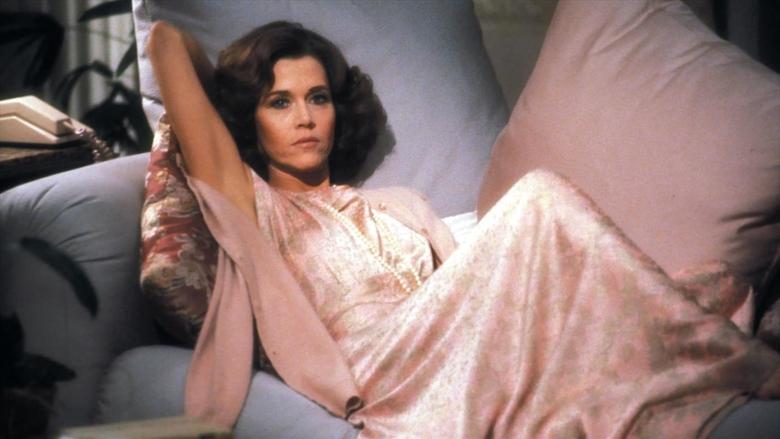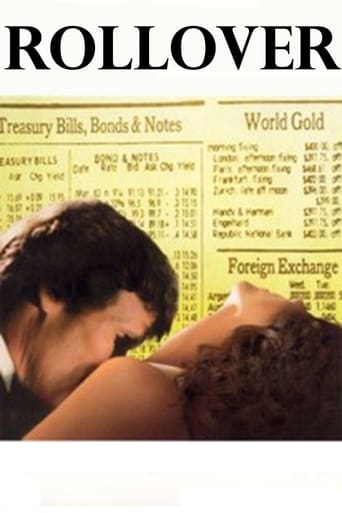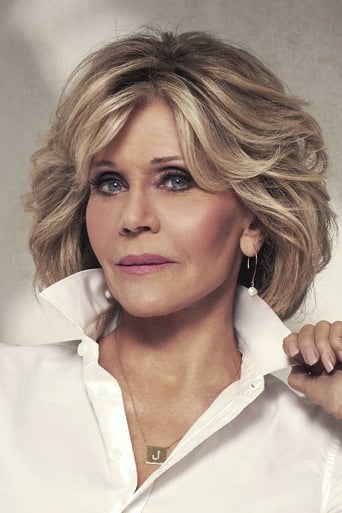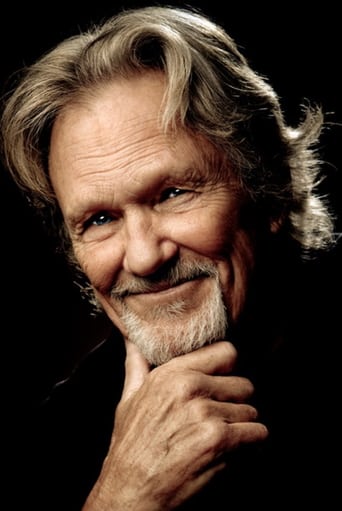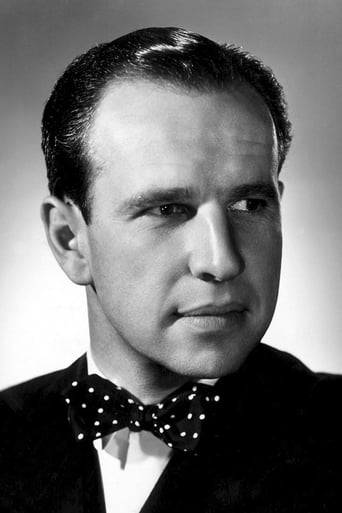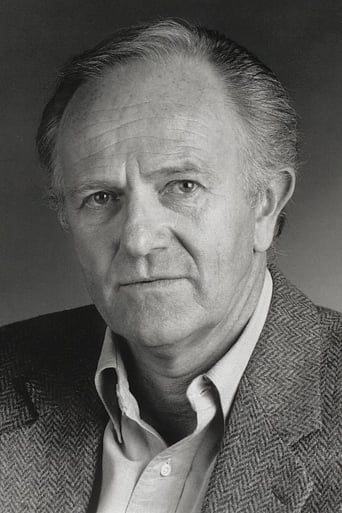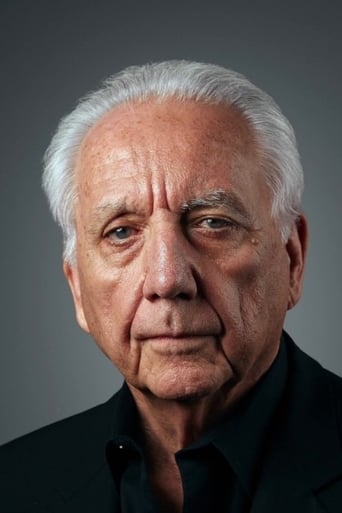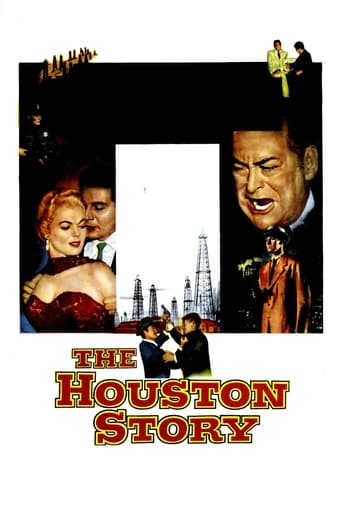An Arab oil organization devises a plan to wreck the world economy in order to cause anarchy and chaos.
Similar titles
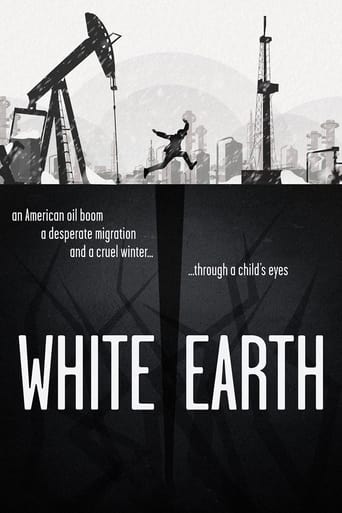
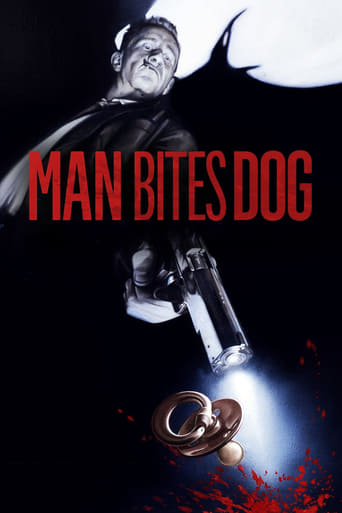
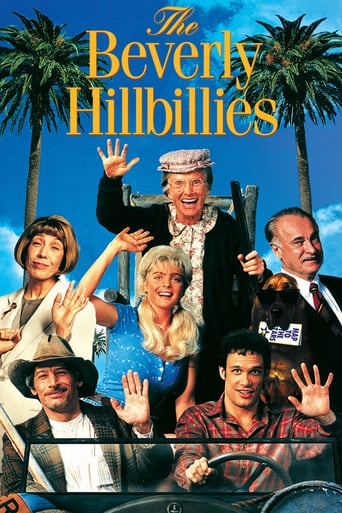
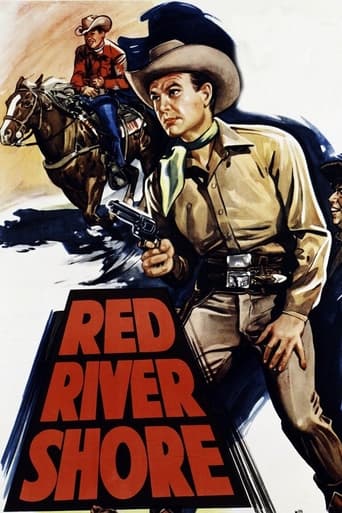

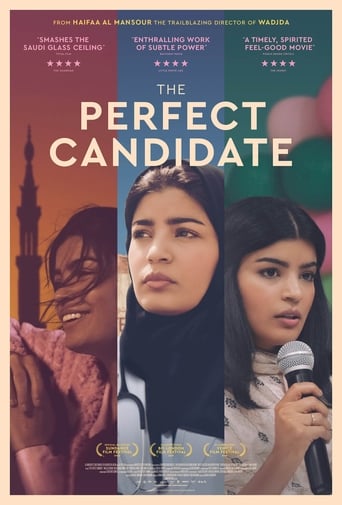
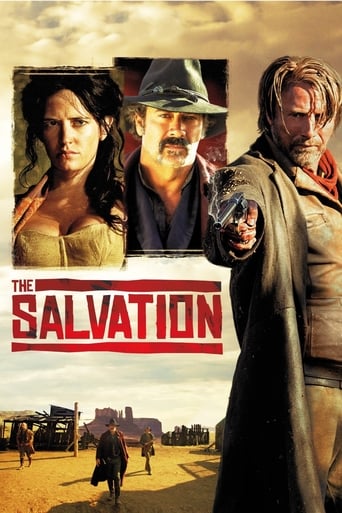
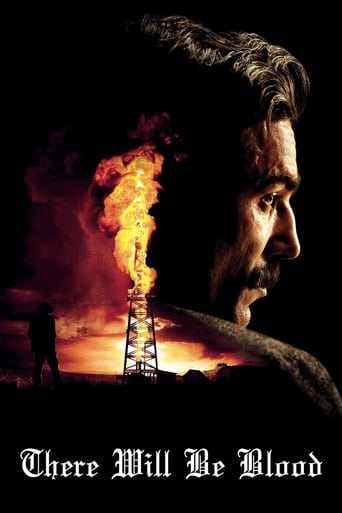
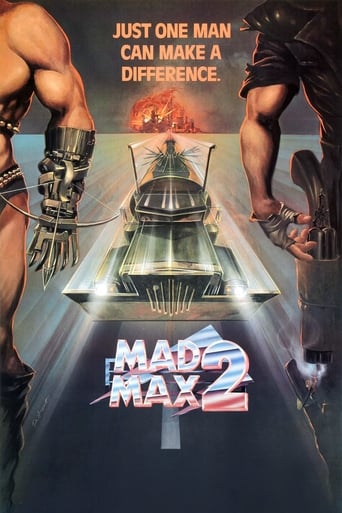
Reviews
I love this movie so much
Very very predictable, including the post credit scene !!!
So much average
Like the great film, it's made with a great deal of visible affection both in front of and behind the camera.
WOW! This is a case of a film that needs to be resurrected among publics right now because it's final message resonates truer than anything with the whole current financial world going to the drains. The script was saying some hard truths back in 1981, no one listened and in 2008, almost three decades later something happened almost exactly the same way Hume Cronyn's character described it was going to happen: riots, stagnation, panic. Well, not much like the one of 1929 but a little closer to that. The context in which "Rollover" was presented was completely different however, Cold War was in it full course and Socialism was still surviving and fighting against the powers of Capitalism. The economical crisis that will happen in this film comes from an Arab oil organization (allied with some American bankers) who has a gigantic masterplan that is going to bring chaos in the world economy.But until we get there, we follow the story of a former actress (Jane Fonda) who married the Chairman and primary stockholder of a chemical company, recently murdered, that not only investigates his strange murder but also tries to deal with his business by joining forces with a financier (Kris Kristofferson) who recently was appointed as new president of a large bank that seems to going under a lot of trouble. While their relationship goes from the economic level to more intimate levels, a huge operation is being made with their investments that could cause a financial collapse."Rollover" looks at too many directions but doesn't see enough, it doesn't have a complete view on anything as a film. It goes as a financial thriller, a political thriller with some cheesy romance and as a drama. Problem is that there's far too many things to make anyone uninterested of seeing this when it could be something remarkably brilliant if the writers or director Alan J. Pakula decided for just one route to follow through. While the affair between Fonda and Kristofferson has its good moments when it's not becoming distractive, the thrilling parts of this are so few and the economics jargon are so many that the ultimate thing for this is a film hard to follow.But it gets worse before it gets better as some say. The greatest surprise is reserved for its final minutes with the inevitable crisis going ahead. I don't know if back in '81 something like this could happen but now, we know, it can happen and it did! It's realistic and shocking how this film managed (in a way, not completely though) to see how our world would become with all this lousy speculations. 30 years later and the impact of its crash is hitting us just now. Well made, nicely presented and well acted, with some weak moments here and there but very good to watch. Extremely relevant! 7/10
Alan J. Pakula directs "Rollover", a conspiracy thriller which anticipates Oliver Stone's "Wall Street" and subsequent real life financial crises. The plot: Maxwell Emery, Wall Street guru and chairman of First New York Bank, bails out the struggling Boro National Bank. He then installs Hub Smith (Kris Kristofferson), a "fixer" tasked with getting Boro back up and running. Hub studies Boro's figures and comes up with a plan to keep them solvent: broker a huge loan between a private investor and another business and use the broker's fee to keep Boro afloat for a couple more months. The business he sets his sights on is Winterchem, a company reeling from the recent murder of its chairman and founder, Charlie Winters. This murder has resulted in an internal struggle between Winterchem's current board and the newly widowed Lee Winters (Jane Fonda), who takes over the chairmanship of Winterchem and sets about acquiring the cash needed to buy a petrochemical plant in Spain. Hub helps Lee broker a deal with a group of Arabian money-men, but shortly afterwards discovers a mysterious bank account number which has begun showing up on various ledgers. Hub and Lee then uncover a conspiracy in which Arab money is trickled into a mysterious account and used to hedge against the engendered possibility of the dollar suffering quick drops in value. In a sense, the mystery account causes the dollar to drop and then profits off this drop. And as the account facilitates the slow removal of Arab deposits out of the American banking system, revealing the scam is an impossibility as this will result in economic and consumer confidence plummeting, causing a systemic collapse. As it's about macroeconomics, "Rollover" is a rather unique film. Pakula paints a world in which value is created out of nothingness, speculation and market manipulation run rampant, and covered-up murders are routinely committed by faceless corporations. This a fragile, irrational and arbitrary economy, forever capable of collapsing at any moment. Inject too much panic, too much hysteria, and the dominoes begin to fall, shareholders pulling out their wealth, companies imploding and local economies with them. Today, money movers and banking cartels have the power to decimate nations. These same men, while making decisions that affect civilizations, are themselves wholly cut off or insulated from the rest of society.So the film's title serves as a kind of unintentional quadruple allusion: money rolled over from one account to the next, a global market capable of being steam rolled at any moment, and a caste of men who roll over populaces who themselves roll over and take this abuse. Such a financial system is worse than unsustainable, its wholly precarious, the slightest inkling of eroded confidence capable of bringing things down. Indeed, today often all that separates a "good economy" from a "bad one" is the faith one has in the country's debt being repayable. And as our system's debt can never be paid back and always balloons, what bolsters a "good economy" is nothing but hope, faith, delusion and psychotic belief.Capitalism is itself a religion with its own doctrines, beliefs, pundits, bishops, clergy and papal circle. It believes that Economics is a law abiding, quantifiable science, when today it's more akin to crystal ball gazing and gambling. Of course current beliefs – the economic philosophy that pure, open markets are entirely rational, all knowing, and as good as supernatural entities that cannot do wrong and will always rectify themselves to self-preserve rather than fail – and their impending shatterings are akin to the hubris-shattering post-enlightenment and postmodern trends which rocketed across the fields of science, philosophy, history and art. You might even say that the observer effect (of quantum physics) itself affects economics: watching the system continuously impacts the system. But still faith persists that the system acts rationally.So at its best, "Rollover" highlights how strongly stock markets run on rumour, guesswork, manipulation, irrationality, gambling, hysteria, misinformation, disinformation, inside information, testosterone, mistakes and herd instinct. Today, the kind of trading seen in "Rollover" can be done by anyone with a credit card and modem. Consider something called ETFs (Exchange Traded Funds). They are basically mutual fund like entities that trade on the stock market, making them more liquid and more accessible to investors than mutual funds. For a while ETFs were the tickets to riches, and as the stock market crashed they erupted in value, making many instantly rich. But these ETFs are all designed such that they decay over time. Like crack cocaine these vehicles promise fast and stunning highs, but are doomed to collapse, each successive hit providing ever diminishing returns, lower lows that the addict believes can be escaped via yet more hits. Aesthetically the film is typical of Pakula: quiet, solemn, filled with much paranoia and invisible menace. For Pakula, like Kubrick, power is unseen, omnipresent, conspiratorial and capable of silencing anyone. He does his best to invest architecture and spaces with a kind of silent horror. Money moves fast, but the film is eerily tranquil. Much of the film revolves around a dull love affair between Fonda and Kristofferson. He's the archetypal cowboy, she's the wealthy princess/actress, Pakula intending them to be a satirical comment on American optimism, endurance and faith in heroic archetypes and upward mobility. Some of their dialogue neatly blurs the lines between modern finance lingo and the Old West ("You're gonna need a partner", much talk of "riding", "white horses" and "spirits of the West"), but Pakula can't handle satire. The film ends with our entire finance system collapsing and global turmoil racing across the planet. As a President's optimistic quote is read on a television, Fonda and Kirstofferson, now business partners, themselves adopt a stance of optimism. It's a happy ending which masks delusion and much madness; no lessons have been learnt. See "Demonlover", which further links such personal and institutional neuroses.7.9/10 – Worth one viewing.
This is an unusual film: an adult thriller about the danger of fiscal manipulation. It's also unusual in that it remains relevant, perhaps even more so than when it was released; no less a person than renowned investor Warren Buffet has recently been warning of the dangers of having so much U.S. debt held by countries whose political agendas may not always require a stable or strong U.S. economy.But is it a good film? With some reservations, I would argue that it is. Director Alan Pakula and cinematographer Giuseppe Rotunno have done a very good job of shadowing the action; rarely does anything take place in strong light, and then almost always when the action either involves the Saudis (the first meeting between the cartel and Lee Winters, played by Jane Fonda, for example) or serves their interests (e.g. the death of bank inspector Mr. Fewster). The locations, large and small, take on their own lives; the World Trade Center becomes a monolithic anthill, and there is a wonderfully ominous shot of the arrangement for Lee Winters's death being made by two men amid a crowd on a descending escalator which captures powerfully the essential isolation of the individual amid the crowds, and thus wordlessly encapsulates the underlying political concern of the film. The 720 degree pan just before the film's ambiguous coda is a marvel, one of those things which looks quite simple until one realizes the amount of work that must have gone into making it work smoothly.The performances are solid if a bit uneven. Hume Cronyn as the amoral main banker is superb, and Macon McCalman does a fine job as Fewster, a man who has gone in far beyond his depth and knows it. Fonda and Kristofferson (playing Hub Smith) are at their respective bests when portraying the manipulative sides of the characters, and less convincing in the romantic scenes (which aren't very plausible to begin with). Fonda's bleak expression when she thinks she realizes that Hub is betraying her is striking, and her reaction to the attempt on her life is completely persuasive. Kris Kristofferson seems rather stolid at first, until we realize that he is portraying a man from whom virtually all emotional capability has been leached by his dedication to success in his career; significantly, the most passionate sex scene takes place immediately after the success of a fiscal gamble of enormous proportions.The screenplay handles the difficult task of dramatizing monetary transactions well; it is less effective when portraying the love scenes, especially the initial motivation for the central affair. But the climactic confrontation between Hume Cronyn and Kris Kristofferson is spot on; rarely does a character reveal moral bankruptcy as starkly as does Cronyn's, yet his words and his delivery both demonstrate his utter unawareness of the truth about himself. Indeed, the script generally manages to be both clear (albeit complex, requiring attention) and straightforward without becoming preachy or overly didactic.The music is easily the weakest part of the film (in fact, I almost gave this a 7 based on the music alone). The opening credits are backed by one of the most insipid things I've heard in a long time, a ditzy little number that recurs regularly to no good effect, and the love music (intentionally?) conveys little of passion or even intense feeling. The music for menacing scenes has more character, but appears only intermittently, and not always when it's most needed. This score has dated badly, and undercuts the film's impact considerably.But all things considered, I still enjoyed this, and recommend it to those looking for something offbeat (and, like Pakula's "All the President's Men", somewhat deliberately paced, though I find this one slightly better overall). It's a rare film in that it almost always treats its viewers as adults capable of giving it a fair chance, yet it is structured, and often plays, like a traditional mystery thriller. But the plot is not all here; the film's unspoken message is worth hearing, and heeding, as well: that when we allow the possession and manipulation of things to take precedence over human needs, we run the risk of becoming nothing but things ourselves.
This was a 1981 movie Jane Fonda "got made" after her exploration of the dangers of nuclear power in the "China Syndrome" back in 1979. She was driving to tell the story of real money - gold and how OTHER parts of the world value gold as real money while the Americans don't understand it. (Note: And it's not about Jane. I don't even like Jane Fonda...her politics aren't supposed to be in the acting on the screen. At some point a movie - or any art - is not about the artist's personality, it's about what's on the page or the score or on the screen.)The plot line is about "outsiders" not rolling over their CDs in American banks and buying gold...and what the loss of those foreign investments means to the financial establishment in New York. I'll admit the acting and the romance are not top notch. So what? This movie was a "financial thriller" and there just ain't many of these movies made. Movies need bank financing, and banks usually won't finance anything that makes them look bad or stupid. (They show "I'ts a Wonderful Life" with Jimmy Stewart on TV only once a year now because it shows "run on the bank" at the Bailey Savings and Loan - not something the financial establishment wants Americans to even think about.) I'm a Certified Financial Planner and I recommend this movie in my classes along with Oliver Stone's "Wall Street" and "Boiler Room" as movies that shed light on the financial world in which we live today. In 2005, it's even more important for people to understand the relationships between gold and paper money as the cycle from the 1970's reasserts itself.And get over the Arab slights in the movie. They weren't the point back in 1981 and they aren't the point now. A lack of political correctness is not a reason to avoid this movie.
Top Streaming Movies











